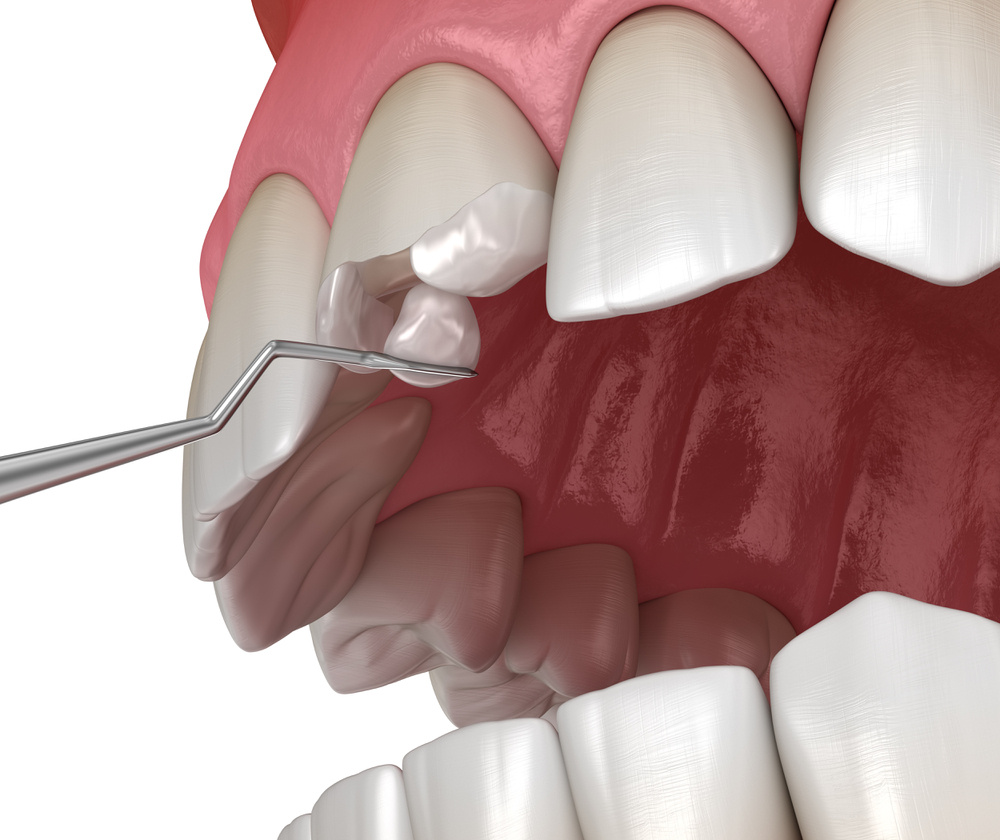
Ah, the dreaded broken tooth! Whether it’s from an unfortunate mishap while munching on snacks or an ill-fated accident, a broken tooth can be a real pain—literally and figuratively. Luckily, there are plenty of ways to get that tooth back in tip-top shape with restorative dentistry treatments at Magic Smiles Dental and Implant Centre.
With two lovely locations in Coffs Harbour and Woolgoolga, NSW, the team at Magic Smiles Dental and Implant Centre can repair dental damage in no time. So, give our Woolgoolga team a ring at (02) 6654-0650 or dial our Coffs Harbour crew at (02) 6652-3242 to get started.
Now, let’s dive into the most common methods to fix a broken tooth and get you smiling confidently again.
1. Dental Bonding: Quick and Easy Fixes
This quick and easy treatment involves applying a long-lasting resin material to the damaged area before setting it with a special curing light. The best part? Our dentists can usually perform this treatment in a single visit and without any anaesthesia.
2. Dental Veneers: Hollywood Smiles for Real Life
Veneer treatment requires the use of slim, custom-made coverings that stick to the front surface of damaged teeth, giving them a flawless appearance. While veneers require a bit of enamel removal, the results are well worth it, as they can last for a decade or longer with optimal care.
3. Dental Crowns: The Royal Treatment for Your Tooth
A severely broken tooth needs more protection, which is why our team may recommend a dental crown.
Crowns are like little tooth-shaped hats that cover the entire upper portion of a tooth, restoring its strength, appearance, and functionality. Dental experts can create crowns from durable materials, like porcelain, ceramic, metal, or a combination of materials.
4. Root Canal Therapy: Saving the Day from the Inside Out
If your broken tooth has exposed the pulp, causing pain or infection, you might need root canal therapy. This procedure involves removing the damaged dental material, cleaning the root canal, and sealing it with a crown to prevent further infection.
5. Dental Implants: The Ultimate Replacement
Sometimes a broken tooth is just too far gone to be saved. In these cases, extraction and a dental implant might be the best option.
This involves removing the damaged tooth and replacing it with an artificial one that’s anchored into the jawbone. Implants look and function just like natural teeth, providing a durable and aesthetically pleasing solution.
6. Temporary Fixes: Quick Solutions for Immediate Relief
While waiting to see your dentist, you can use temporary fixes like dental wax or over-the-counter repair kits. These can provide immediate relief and protect your broken tooth from further damage.
Just remember – these are temporary solutions, and you’ll need to follow up with the team at Magic Smiles Dental and Implant Centre to get a permanent fix.
Repair a Broken Tooth at Magic Smiles Dental and Implant Centre
A damaged tooth can be a hassle, but with the right treatment, you’ll be back to flashing your pearly whites in no time. Don’t let a broken tooth bring you down—smile on and let our team work our magic. Contact Magic Smiles Dental and Implant Centre online to schedule an appointment today!

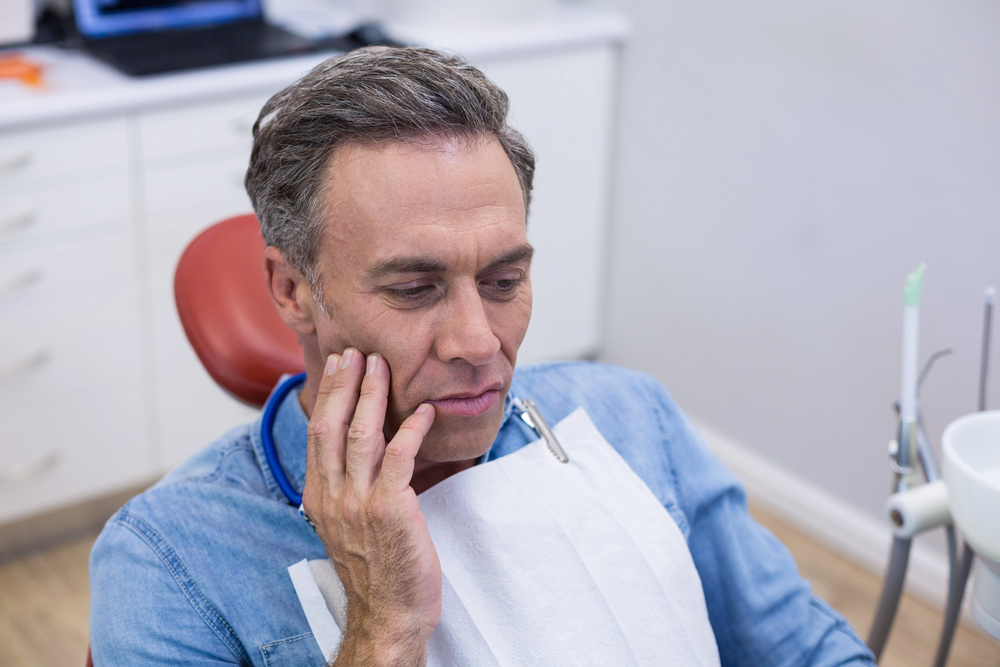

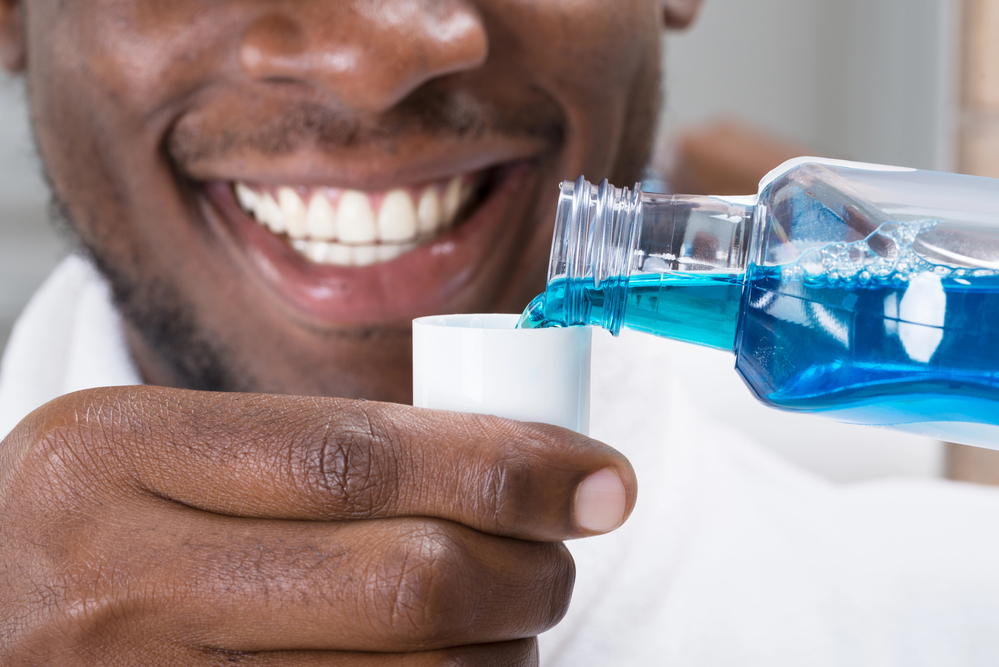

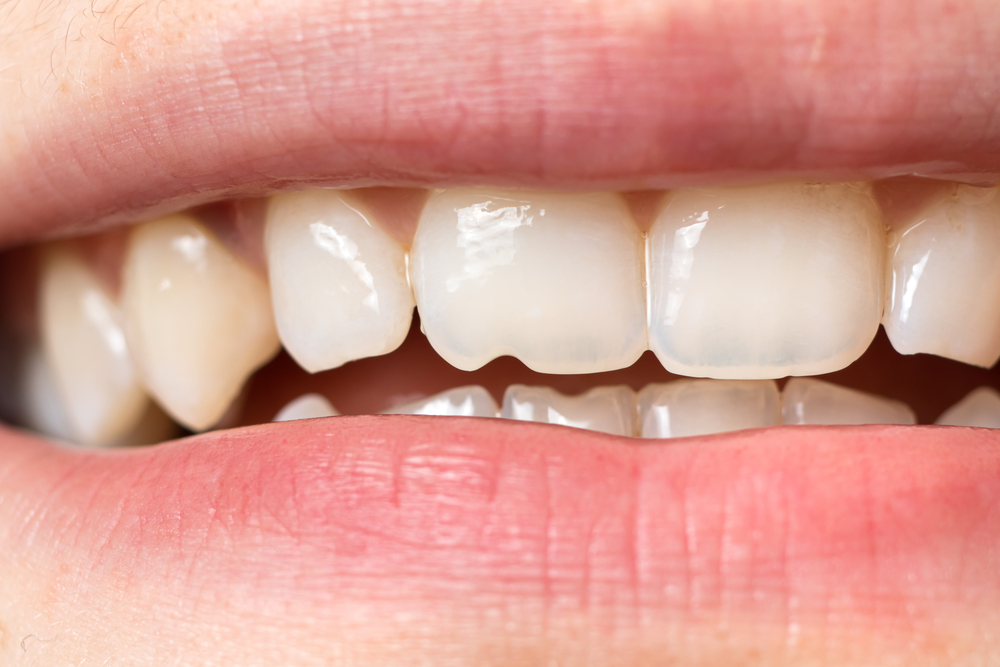


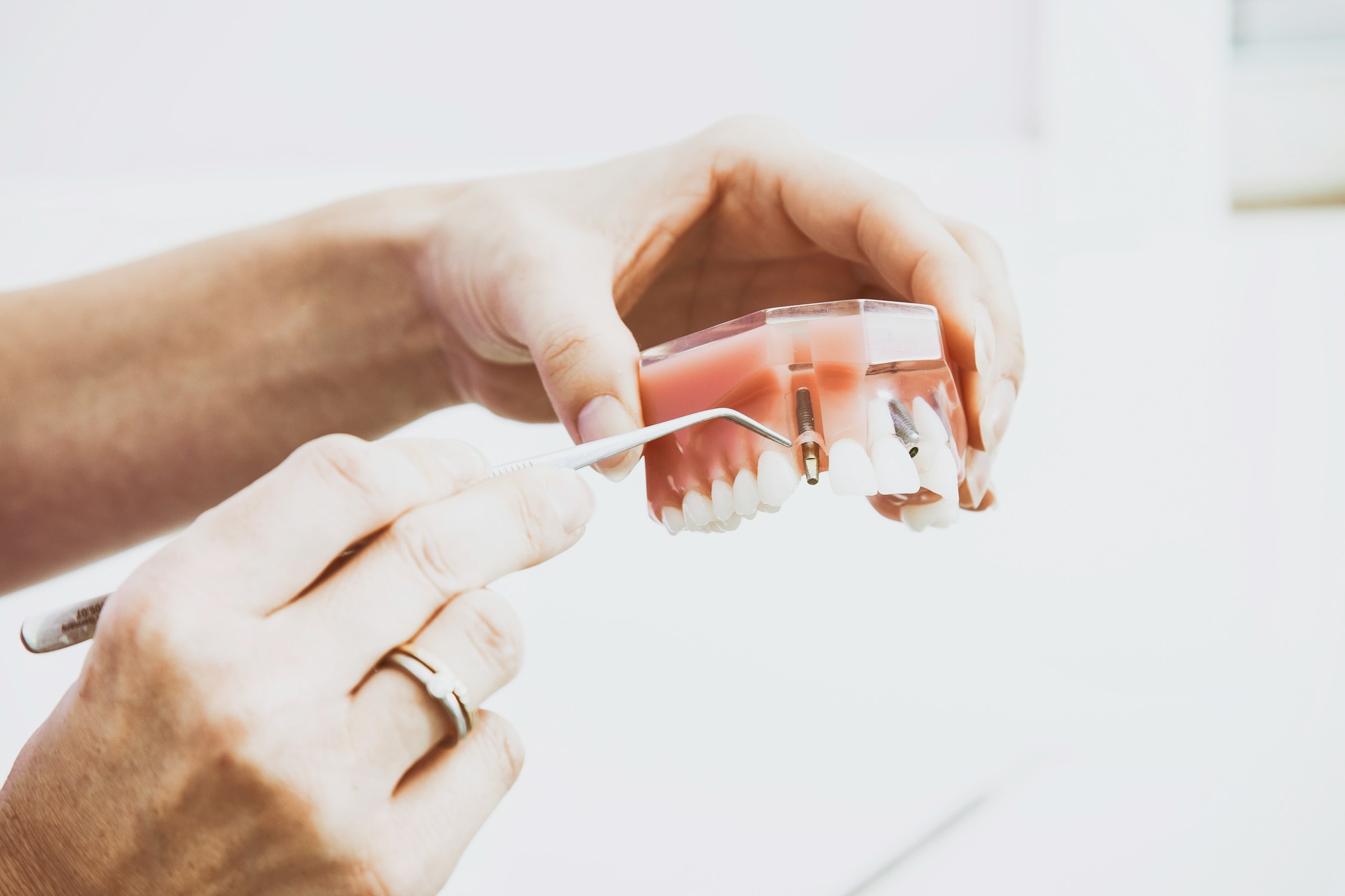



Recent Comments